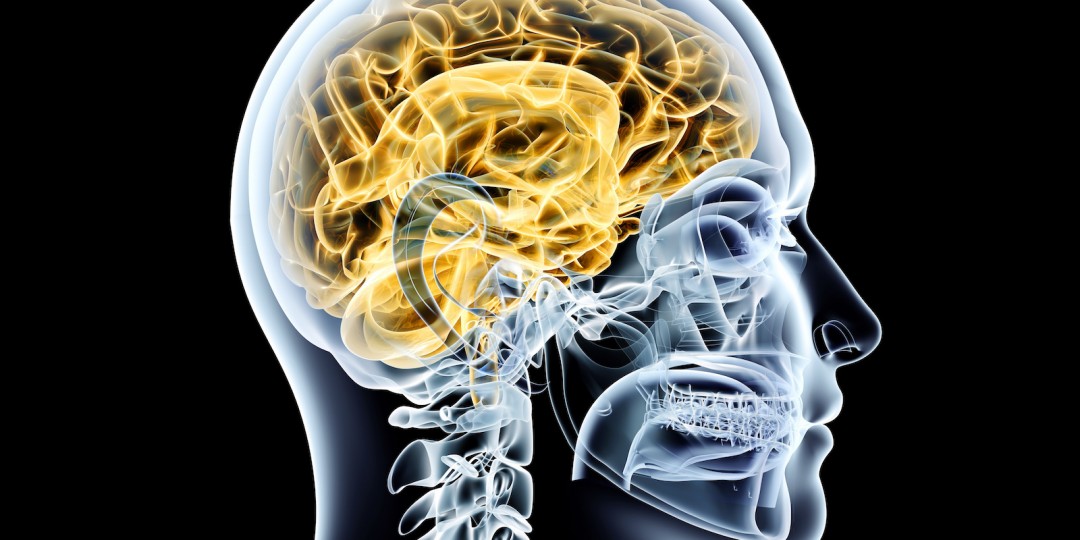A new study unveiled how a protein in the brain known as CD33 may be an important factor against Alzheimer’s disease (AD), according to researchers at the University of Alberta.
The study, released online in the peer-reviewed journal Communications Biology, set out to determine if CD33, a protein that regulates white blood cells in the brain, could lower the risk of developing Alzheimer’s disease. Microglia, immune cells in the brain linked to the neurodegenerative disease, was also probed.
Based on the findings, conducted on rodents, “The strong genetic link between variants of CD33 and AD susceptibility suggests that targeting the common risk allele of CD33, which preferentially encodes the longer isoform (hCD33M) containing its glycan-binding domain, could be a treatment strategy in neurodegenerative disease,” the findings read.
CD33 is commonly found on microglia, and as a result, immune cells could be a factor in inhibiting Alzheimer’s, researchers suggest.
“The fact that CD33 is found on microglia suggests that immune cells can protect the brain from Alzheimer’s disease under the right circumstances.”
“Our findings demonstrate that expression of the long isoform of hCD33 (hCD33M) alone is sufficient to repress phagocytosis in both monocytes and microglia,” the study concluded.
“These findings set the stage for future testing of a causal relationship between CD33 and Alzheimer’s Disease, as well as testing therapeutic strategies to sway microglia from harmful to protecting against the disease – by targeting CD33.”


